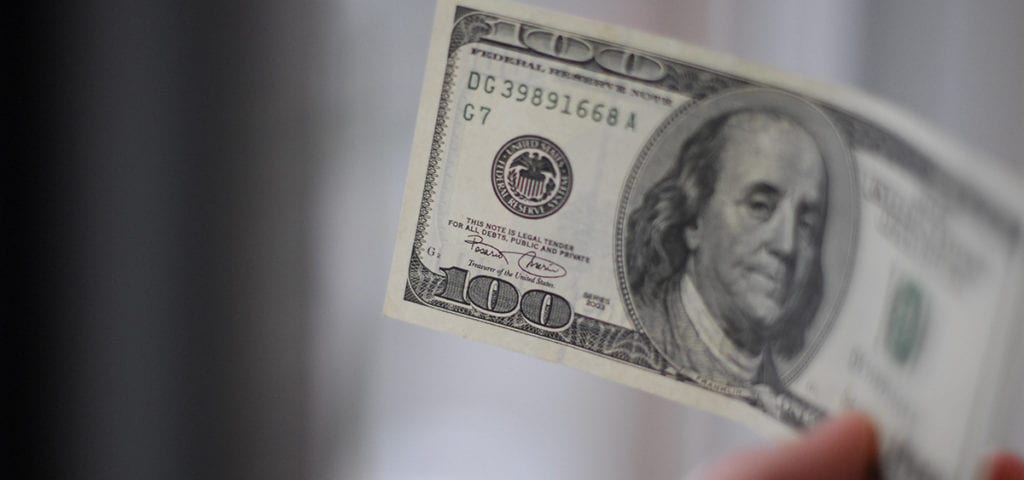Cannabis tax revenues are going up in California but are still far below original expectations, likely thanks to high tax rates and an excess of local bans on the industry.
California Cannabis Tax Revenues Still Below Expectations

Full story continued below.
Advertisement
California tax revenues derived from the cannabis industry increased slightly more than $10 million in this year’s second quarter — from $63.1 million during the first three months of the year to $74.2 million — but they are still below government expectations, according to an NPR report.
In January, Gov. Gavin Newsom (D) had forecast cannabis tax revenues would be worth $355 million this year and $514 million in 2020 but in May he adjusted those estimates to $288 million this year and $359 million next year.
Cannabis profits in the state actually decreased when legalization took effect in 2018 — from about $3 billion to $2.5 billion. A report from Arcview Research and BDS Analytics released earlier this month suggests the state is poised to reach $3 billion in sales again this year.
The Institute on Taxation and Economic Policy notes that after adjusting for population, California “raised the second-least amount of revenue from cannabis taxes during the second quarter among states with legal sales, ahead of only Massachusetts.”
Tom Adams of BDS Analytics told NPR that the sales slowdown could be due to the state’s high taxes and the fact that two-thirds of California municipalities have banned industry operations. California levies a 15 percent excise tax on sales and a cultivation tax of $9.25 per ounce, along with a 9 percent to 11 percent retail sales tax.
In May, the Appropriations Committee rejected a bill to lower the state’s cannabis taxes. That measure would have reduced the excise tax from 15 percent to 11 percent and suspended the cultivation tax for three years.
The committee did advance a bill that would require municipalities to allow cannabusinesses if the majority of the citizens in the city or town approved Proposition 64. That bill would require one retail dispensary for every six liquor licenses or every 15,000 residents. As of May, there were 631 licensed cannabis retailers in the state, which is just 10 percent of initial government estimates.
Get daily news insights in your inbox. Subscribe
End